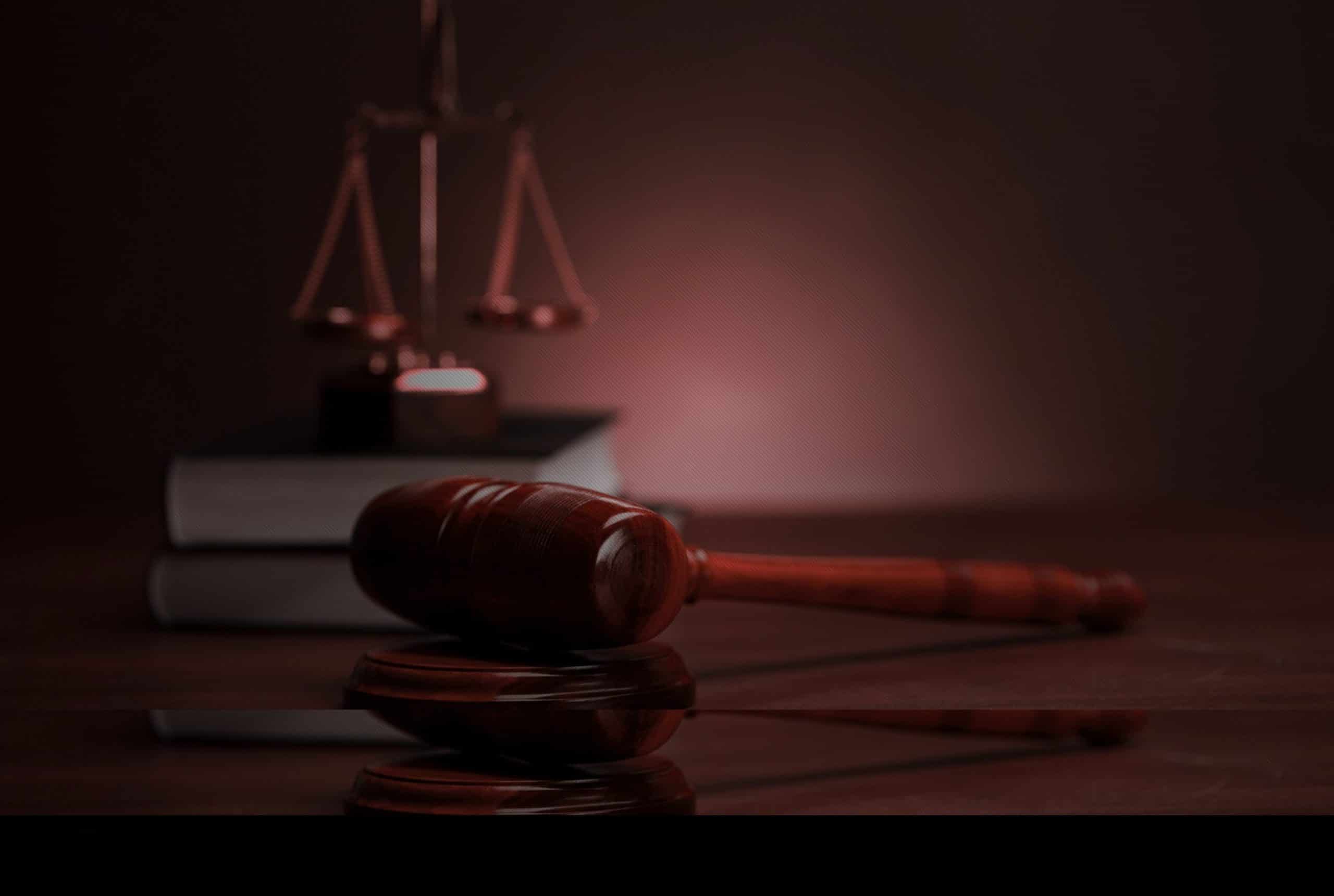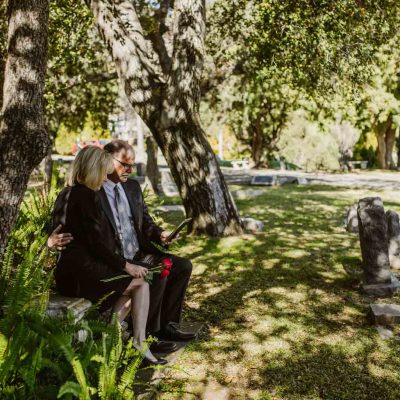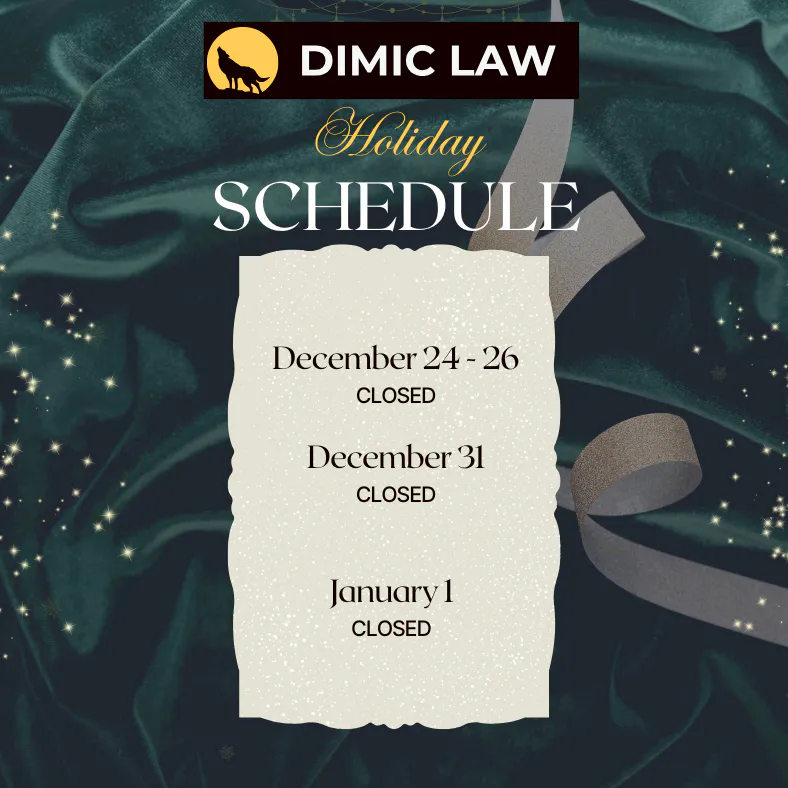
Wills and Estate
Introduction
Planning for death and incapacity is something that we should all consider, but it’s usually something that we shy away from. It’s not natural to discuss and plan for such traumatic events, but we do need to muster the energy to be proactive.
Let us PROTECT YOUR INTERESTS from the loss that you may experience. Our dedicated team will assist you every step of the way in drafting key testamentary and estate documents which include wills, powers of attorney and personal directives.

At common law, a person called a donor can appoint someone as his or her attorney to manage their financial affairs. Under Alberta’s Powers of Attorney Act , an individual may sign an enduring power of attorney that allows a donor to choose a person or person’s to look after the donor’s legal and financial affairs both before and after the donor becomes incapable of doing so, depending on how the document is written.

You may be considering entering into an ownership arrangement with your family member or a close friend. Whether it’s an investment property or your first home, it’s important to clearly understand what the obligations and interests under the ownership structure will be.

Our team assists both landlords and tenants in resolving their various dispute issues. There are a number of avenues open to explore when being faced with this sort of dispute.

The Personal Directives Act allows Albertans to provide instructions about personal matters and appoint someone to make decisions and carry out these instructions. An adult with capacity called a maker may appoint another adult person called an agent in writing to make personal decisions for them at a future time when the maker no longer has capacity to make them.

Purchase or sale of your residential property is a life changing event that warrants adequate protection through every step of the transaction.
Most cases involving the sale and purchase of residential property involve the buyer and seller completing some form of agreement prior to consulting their respective lawyers.
General Pricing
$450.00
$300.00
$300.00
$900.00
$750.00
$400.00
$400.00
$1,200.00
A Will is a voluntary legal and official way of expressing your wishes after you pass away. In a will, you can divide your estate between your loved ones, name any successors, make funeral arrangements, name guardians for your children, etc. It must be a written document, meaning that you can’t just tell your wishes to a family member or executor. There are sections to be followed, such as appointing a personal representative, naming beneficiaries, guardians and then finally expressing any other wishes you would like.
Having a will is essential to maintain the well-being of your family and your best interests. When someone does not leave a will, the family will depend on the law to name an administrator, pay off your debts and taxes and finally divide your assets between your family. This entire process is costly, lengthy, and can cause serious disagreements between family members. By writing down your wishes, you relieve your loved ones from an unnecessary burden.
When writing a will, the Testator must be aware of their legal and moral obligations. People have the legal duty of making provisions for their spouse, minor children or grandchildren, and adult children that were dependent on the deceased in some way. It is technically possible to exclude someone from your Will as long as your arguments are well based and enough.
Yes. After meeting your legal and moral obligations, you are free to dedicate part of your assets as a donation to an organisation such as charities and nonprofits. If you don’t have any people who rely on you for financial support and therefore do not qualify on priority dependents, you may leave the entirety of your estate to organisations.
An Executor is a person who will see that your wishes are met after you pass away. You can nominate in your Will up to four people to fill in this role, and they can also be one of your beneficiaries. The Executor will need an understanding of legal and financial matters, seeing that they will be responsible for managing your assets. For that reason, you may choose to hire a law firm as your executors.
The role of the Executor also includes funeral arrangements, so having at least one family member in the position is recommended.
You do not need a lawyer, however, it is highly recommended that you hire one to provide you with legal advice and expertise. A lawyer can guide you through the details of naming your beneficiaries and managing your assets, as well as the formalities of officialising your will.
The amount of taxes is not fixed and may vary from person to person. When someone passes away, it is necessary to collect the owed taxes from their income or to concede their tax refunds. After that, if their estate was not directly inherited by their spouse or common-law partner, the CRA will consider it as if it was sold on the day before the Testator’s death. That is, all taxes that would apply to selling assets in the market will also take place before the estate can be distributed to the beneficiaries.
This law outlines the duties of your Personal Representative, that is, the person who will manage your estate and see that your wishes are respected. Your Personal Representative will identify your assets, pay off your debts and any existing taxes, and then finish the accounting and distribution of the estate.
You can go to court to challenge the will, and the judge will have a final say on what to do. Usually, people challenge wills based on irregularities of the terms or upon the necessity of family members that were not taken into consideration by the Testator. You can also challenge a will if you think that the Testator did not have enough mental clarity to determine their wishes properly or if you think someone might have influenced them negatively while writing their will.

